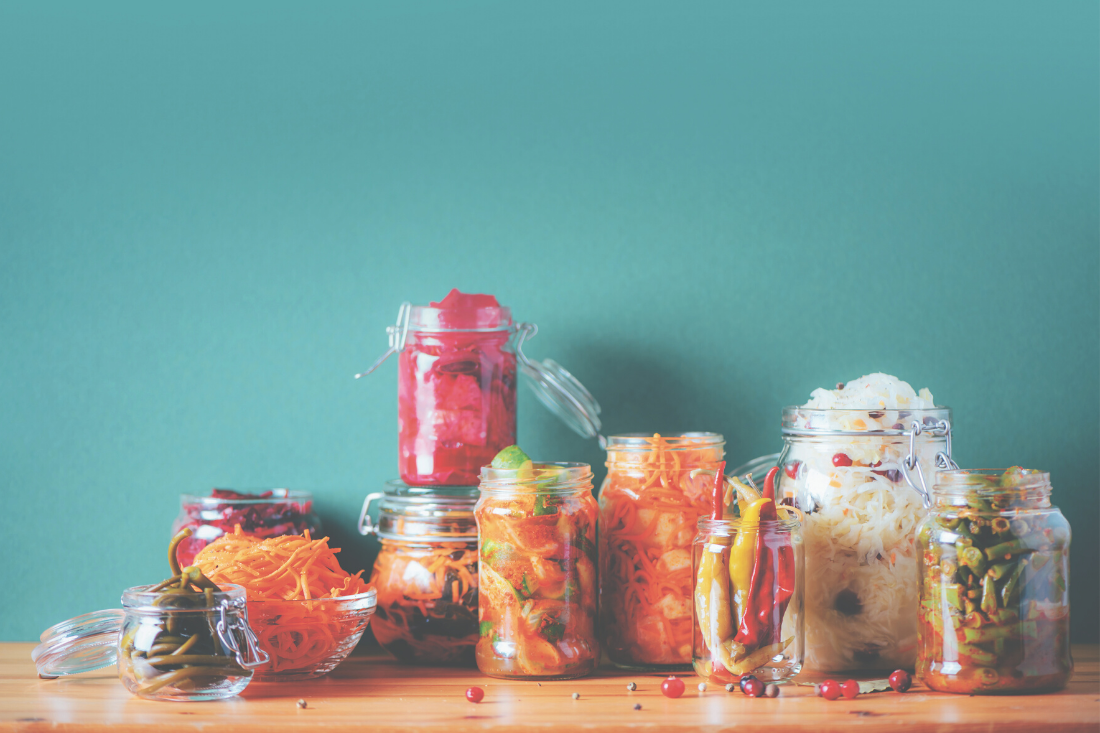
Matt’s Gut Garden
Matt Golinski discovers that not all diets are the same – and that a happy tummy can also be yummy!
I’m often asked what I think about this or that new diet that’s burst into our consciousness and is guaranteed to help us lose some weight, live longer and be far happier.
And my answer is generally the same each time –
Paleo – What? No Cheese?
Vegan – What? No Cheese?
Keto – What? No crackers with my cheese?
So when the term ‘good gut health’ became an accepted part of our gastronomic vocabulary a few years ago, I admit I wrote it off as another passing food fad and that bone broth and kombucha would eventually be replaced by some other miracle cure.
But when the kimchi and sauerkraut seemed to be taking up more and more room on the supermarket shelves, curiosity got the better of me and I decided to educate myself on how my digestive system works and why I should get on board.
The good news is that I couldn’t find any studies that said I have to give up cheese to have a happier belly! In fact, the good bacteria in Roquefort and other naturally-produced cheese is considered very beneficial. More crackers, please!
And because most of the foods which contain the probiotics that help us to improve our gut health are naturally fermented, they tend to be full of umami compounds which make them and anything we eat them with taste utterly delicious (Yoghurt, miso and fish sauce are good examples).
Prebiotics, or the ‘fertilisers’ for these good bacteria, are just as important to include in our diet and include high fibre foods and complex carbohydrates such as wholegrain cereals, sourdough, and vegetables. By supporting existing gut bacteria they encourage the development of a diverse community of microbes in our system.
Other simple ways to improve our gut health include:
- Using olive oil instead of other fats. Olive oil contains the highest number of microbe friendly polyphenols
- Avoid highly processed foods. These tend to suppress ‘good bacteria’ and are more likely to create unwanted
‘bad bacteria’ - If you do need to take antibiotics at some stage, be aware they kill good bacteria as well as bad bacteria. Eat foods with high probiotic content after a course of antibiotics to boost your overall microbial content.
- Avoid sugar and artificial sweeteners. Refined sugars have a tendency to feed the bad bacteria in our gut and it’s
believed that artificial sweeteners can be toxic to our good bacteria. - Eat a wide range of plant-based foods. Diversity is the key to keeping all those different microbes happy.
- Probiotic supplements may be a good way to introduce good bacteria to your gut, but they’re no substitute for a good balanced diet.
Establishing and maintaining a good community of healthy microbes in our digestive system is about far more than just feeling physically healthier. The gut-brain connection means that poor food choices can affect our mental health and lead to disorders such as anxiety and depression. The best analogy I came across when learning about this subject was of imagining that we are tending a garden, and we have a choice whether we want to grow flowers or weeds in this gut garden of ours.
Now I’m more aware of how my body works, I’m a better gut gardener, and I’ve started building myself a rose garden.



